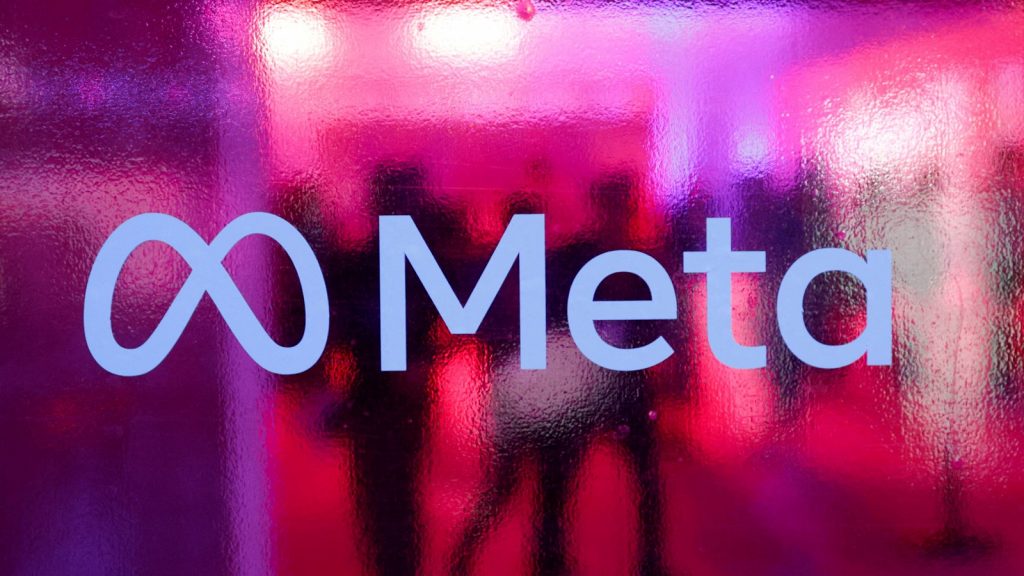In a move that underscores the evolving dynamics of the virtual reality VR market, Meta Platforms, formerly Facebook, has opted out of a potential partnership with Alphabet’s Google for the use of Google’s Android XR platform in its VR and mixed-reality Quest headsets. The decision, revealed in a recent report by The Information, marks a significant shift in Meta’s strategic approach as it seeks to assert its dominance in the burgeoning AR and VR landscape.
The report suggests that Google proposed a collaboration with Meta, offering its new software platform tailored for VR, augmented reality AR, and mixed-reality MR headsets. However, Meta’s decision to decline the partnership signifies its determination to carve out its own path in the realm of immersive technologies, rather than relying on external partnerships for its software ecosystem.
At the helm of this strategic decision is Meta CEO Mark Zuckerberg’s vision to position Meta as the leading force in the next generation of computational platforms for AR, VR, and MR. By charting its own course, Meta aims to retain control over its proprietary software and hardware ecosystem, enabling it to innovate and adapt swiftly to market trends and consumer demands.
Despite turning down the partnership with Google, Meta remains actively engaged in discussions with hardware manufacturers, including South Korea’s LG Electronics, to collaborate on developing new VR devices powered by Quest’s software. This collaborative approach aligns with Meta’s broader strategy to expand its presence in the VR market and diversify its product offerings.
Meta’s decision not only reflects its confidence in the capabilities of its Quest platform but also underscores its commitment to fostering innovation and driving advancements in immersive technologies. By leveraging its expertise and resources, Meta aims to redefine the future of human-computer interaction and create immersive experiences that transcend traditional boundaries.
Meanwhile, the competitive landscape in the AR and VR market continues to intensify, with tech giants like Apple making significant strides with the recent unveiling of its mixed reality headset, Vision Pro. As industry players vie for market share and consumer attention, Meta’s strategic decisions and partnerships will play a pivotal role in shaping the trajectory of the AR and VR industry in the years to come.
In navigating this rapidly evolving landscape, Meta’s steadfast commitment to innovation and its willingness to chart its own course are poised to position it as a key player in shaping the future of immersive technologies and computing platforms. As the VR market continues to evolve, all eyes are on Meta as it embarks on its quest to redefine the boundaries of reality.
